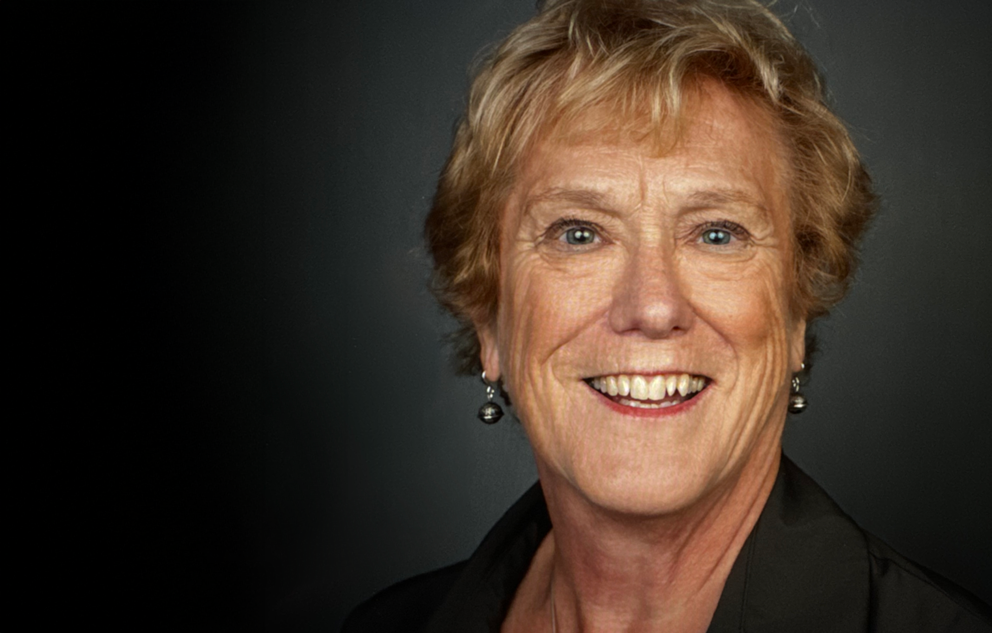Mind the care gap: the highs and lows of rural family medicine

Dr. Karen Forgie
Rural medicine is one of the most challenging yet most rewarding areas of practice. It brings health care, community, ingenuity and resilience together like no other setting.
Rural medicine means more than just your doctor role. You’re a trusted part of the community—someone people turn to for everything from a broken bone to mental health support to leadership. Many days start early and end late, with a full range of patients walking through the door. One moment you’re delivering a baby, the next you’re stabilizing a trauma patient needing to be airlifted to the nearest city.
My story as a rural doctor
In my early days, I worked in small Labrador communities as an outpost nurse, where I ran the clinic, prescribed medications, sutured wounds, delivered babies and performed biopsies. That experience shaped my decision to transition to family medicine, knowing all the while that I wanted to continue serving rural communities. I thrive in these settings, where the breadth of practice and the connection to community make every day meaningful, personally and professionally.
One of the most memorable experiences was working in a “fly-in community” in Nunavut. A patient with a severe head injury was unable to breathe and needed intubation/ventilation. There was no ventilator on-site, and the weather made medical evacuation impossible. For nearly 18 hours, my team and I ventilated the patient by hand, improvising with the limited medications available and consulting with a specialist by phone. It was one of the most challenging and exhausting moments of my career, but it demonstrated the resilience and teamwork that define rural medicine.
In another community, I had to deliver a premature breech baby. After the baby was born, I had to stabilize the newborn until a helicopter could arrive with help many hours later. These moments are a stark reminder of the high stakes and unpredictability of rural practice.
Why rural medicine is different
What makes the job so fulfilling are the relationships you build. In a rural setting, you know your patients and their families on a personal level. You see the impact of your care, not just on individuals but on the entire community. But it’s also this closeness that makes the work emotionally demanding. When the outcome isn’t what you’d hoped for, it’s not just a case. It’s someone you know, often well.
Access is the biggest challenge for rural communities. Distance is a major factor—some patients travel hours for care, while others delay seeking help because they can’t afford the time off work or the cost of transportation. This often means we’re seeing people later in their illness, when conditions are more advanced and harder to treat.
Another significant issue is the lack of resources. When I first moved to the Sunshine Coast, we didn’t have a CT scanner. Diagnosing and treating certain conditions required transporting patients to urban centres, which was time-consuming, often delayed and sometimes risky. Securing that scanner was a long-fought community funded endeavor, but it transformed our ability to provide care locally.
In remote communities, weather can be a life-or-death factor. I’ve had to manage patients with severe conditions like subarachnoid hemorrhages (brain bleeds) and advocate tirelessly with urban hospitals to secure transfers. Inclement weather makes transfer impossible or more dangerous than continuing to manage them locally. Persistence and advocacy is key to ensuring patients get the care they need, where they need it, when they need it.
What rural communities need
Rural communities need equitable access to health care. That starts with recruiting and retaining more doctors as well as other health care professionals. Fair and competitive payment can help, but we also need to address the systemic issues that make rural practice difficult. Supporting reasonable work hours, providing adequate local and referral resources and fostering a sense of community among health professionals are key.
Infrastructure improvements are crucial. Ensuring reliable emergency transport services would make a huge difference. In some places, even reliable roads are lacking, making winter travel treacherous and delaying urgent care.
Each rural community has unique needs. Tailoring health services to address specific challenges in each community is essential for improving outcomes.
One of the most significant gaps is access to specialist care. In urban centres, patients can see specialist the same day if their case is urgent enough. In rural settings, that process can take days, weeks or even months, which is unacceptable and dangerous. We need a system that provides timely, equitable access to specialists for all patients in our province.
Rural medicine may be demanding of time, commitment, skills and emotion, but it’s also deeply rewarding. It’s where you see the true impact of your work—not just in the lives you save but in the trust you build and the community you become a part of.
As we launch the Fair Care Everywhere campaign, I hope more people will understand the vital role rural doctors play and the urgent need to support these communities. Everyone deserves access to high-quality care, no matter where they live. And with the right investments, we can make that vision a reality.
Dr Karen Forgie is the chair of the BC Family Doctors Economics Committee, the BC Regional Representative on SRPC Council, a director of the Health Data Coaltion and a Clinical Assistant Professor with UBC.